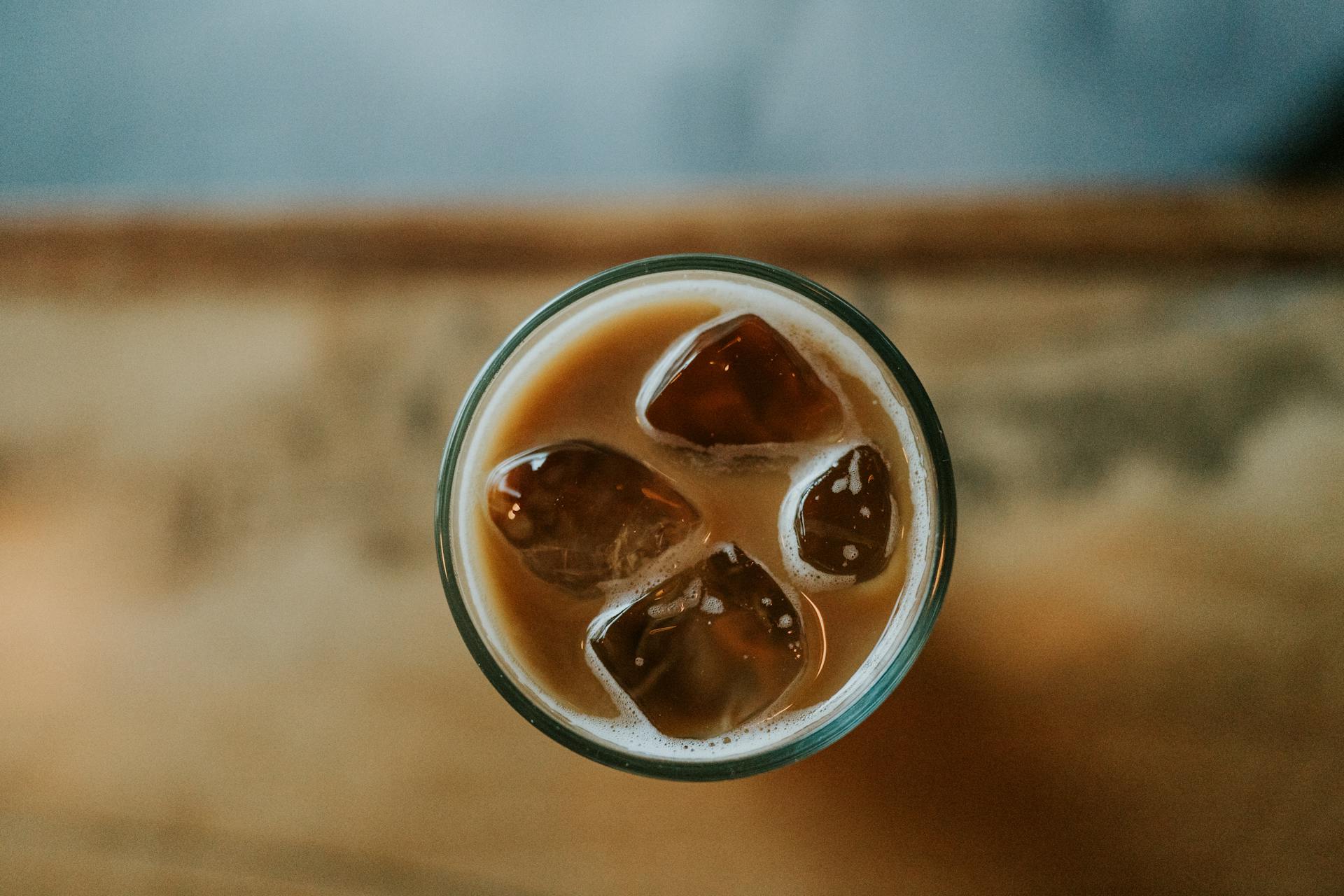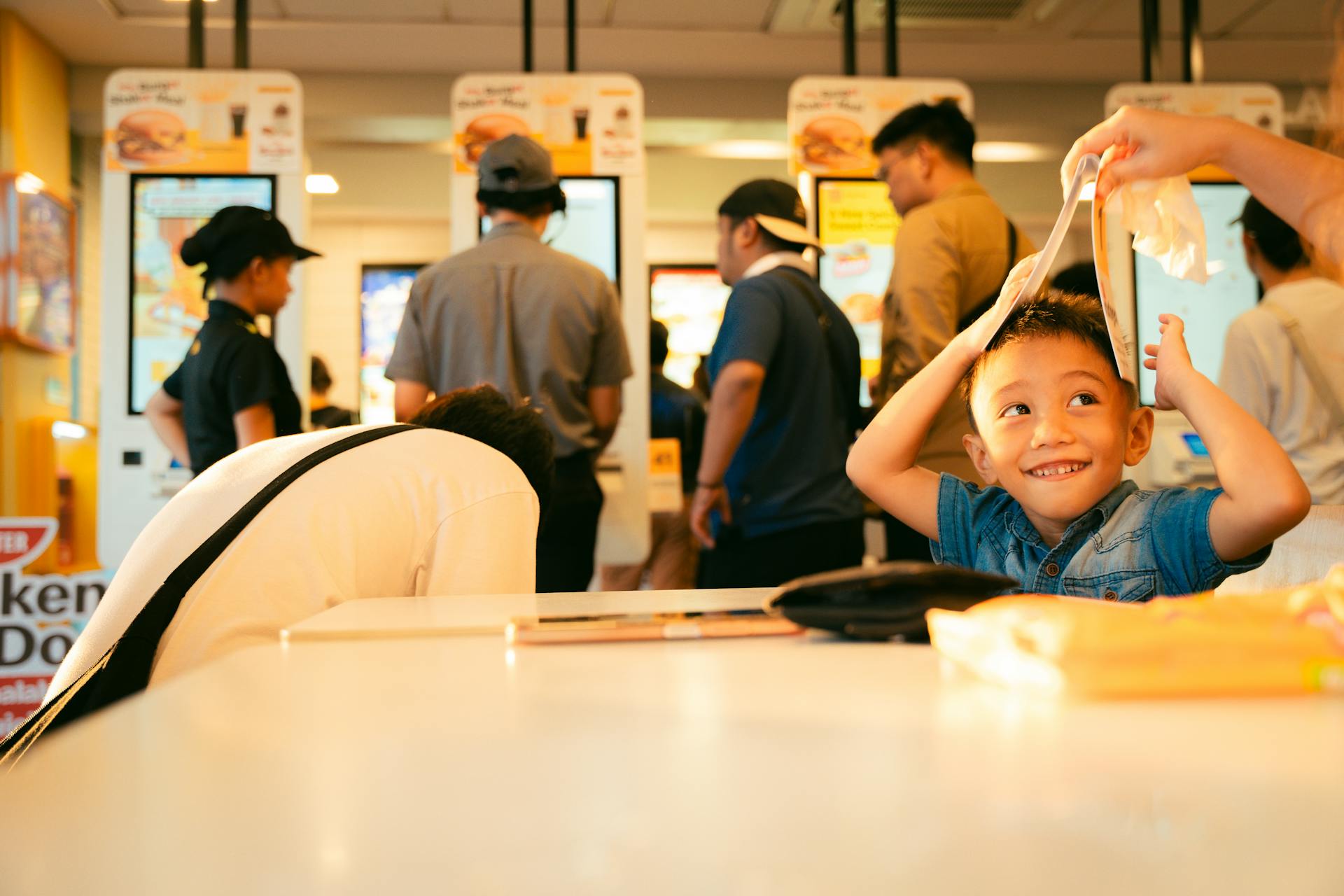Just like grocery stores and restaurants have changed operational strategies during the pandemic, so have convenience stores. Whether it’s selling more ready-to-eat and heat-and-eat foodservice items to make a dent in lower gasoline sales or incorporating new services like delivery and self-checkout, the convenience store industry has adjusted to the realities of doing business in the age of COVID-19.
Against this backdrop, there are 150,274 convenience stores operating in the United States, a 1.6% decrease in the number of stores in operation (152,720) at the close of 2019, according to the 2021 National Association of Convenience Stores/Nielsen Convenience Industry Store Count released in January.
“The sustained growth of online shopping and the long-term effects of the pandemic will continue to reshape consumer shopping routines and affect the overall retail landscape and make for extremely challenging times,” said Andy Jones, vice chairman of research and technology. “At the same time, there are opportunities, especially for small retail, to implement more online offers and last-mile fulfillment to provide convenience however the customer defines it.”
7-Eleven has taken notice of these opportunities.
Upgrades to 7-Eleven’s traditional brick-and-mortar business include a mobile wallet, delivery service, self-checkout options and a loyalty program that’s already signed up 40 million customers.
“We’re trying to look out for what’s next, where the consumer is heading and how can we make it a really delightful shopping experience for them,” said Raghu Mahadevan, senior vice president and head of digital at 7-Eleven, in a January PYMNTS.com article. “Ultimately it goes back to the fact that customers want convenience.”
Convenience, and apparently, a place to wind down and relax.
In-store alcohol consumption
Like most retailers, 7-Eleven is looking to new sources of revenue to boost the bottom line, particularly amid the pandemic. One outside-the-box strategy has been 7-Eleven Canada’s application with Ontario’s Alcohol and Gaming Commission to sell beer and wine for in-store consumption only at dozens of its convenience stores across the province.
“To complement our fresh food and hot food programs, we are preparing for in-store service of a small selection of Ontario-made beer and wine products, offered during limited hours, and in designated consumption areas of our stores,” according to a statement from 7-Eleven Canada.
Raising the roost in New York City
7-Eleven also opened a Raise the Roost Chicken & Biscuits restaurant in New York City at one of the company’s four testing-ground Evolution Stores. The in-store restaurant offers made-to-order and grab-and-go options, including made-from-scratch, hand-breaded fried chicken tenders with signature sauces, bone-in and boneless wings, signature chicken sandwiches, and breakfast sandwiches.
“Today’s customers expect even more than they did just a year ago when 7-Eleven opened its first Evolution Store in Dallas,” said 7-Eleven Chief Operating Officer Chris Tanco. “Consumer feedback – from that original store and the neighborhoods these new stores will serve – helped our store development team refine and design this next generation of the 7-Eleven shopping experience. We have raised the bar for convenience. …”
So, whether it’s serving up a cold one in Ontario or fried chicken in New York City, it looks like 7-Eleven is taking the convenience store concept to a new level.












